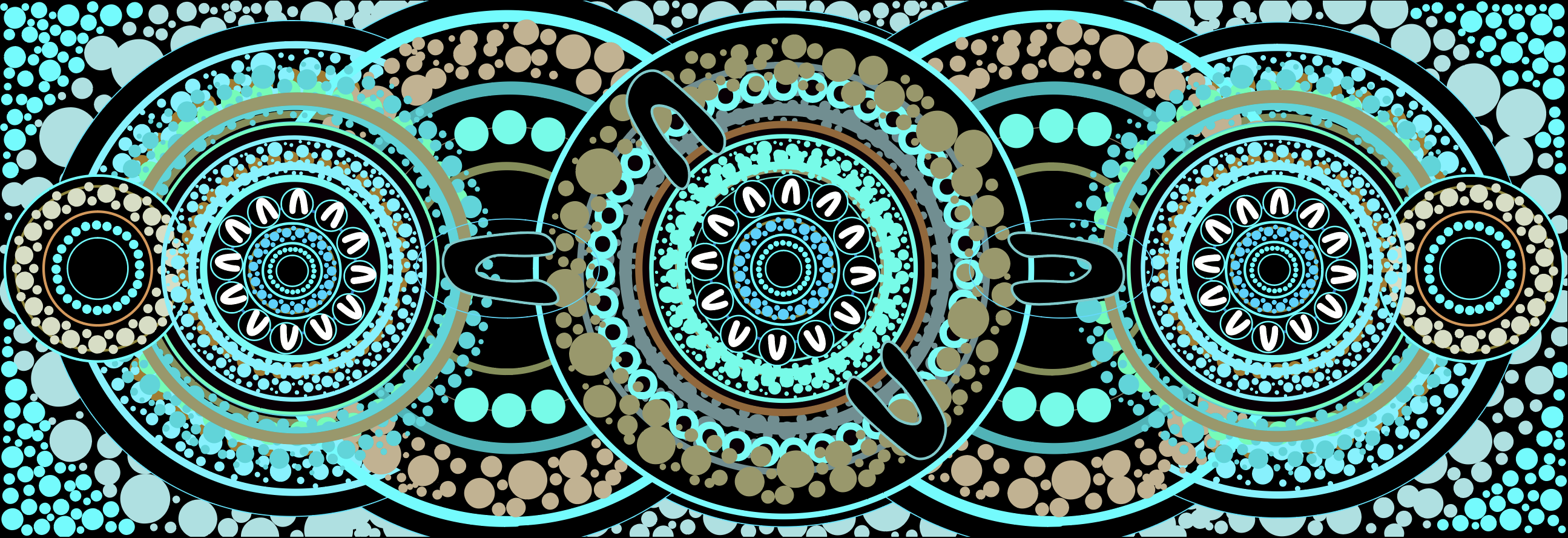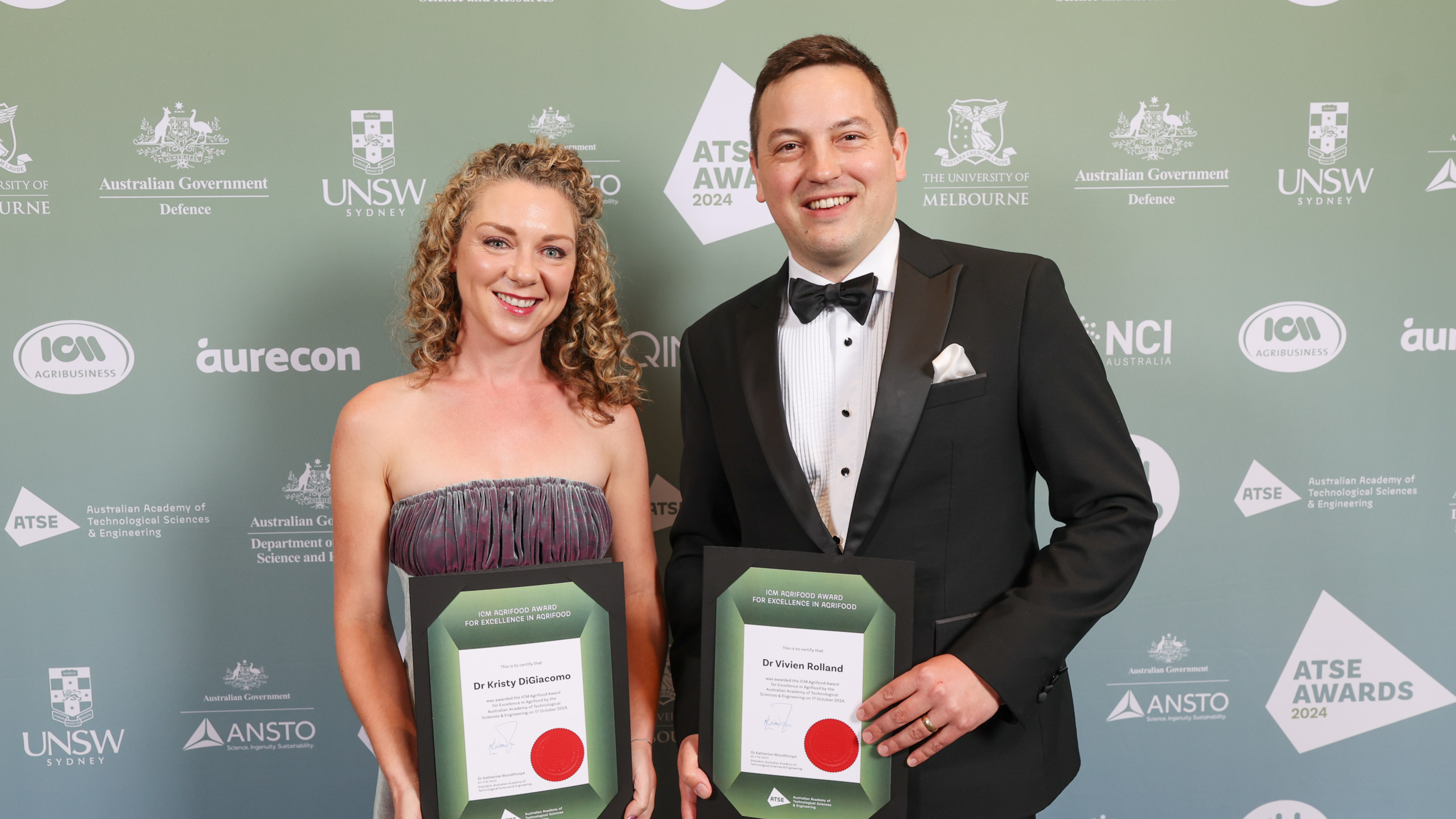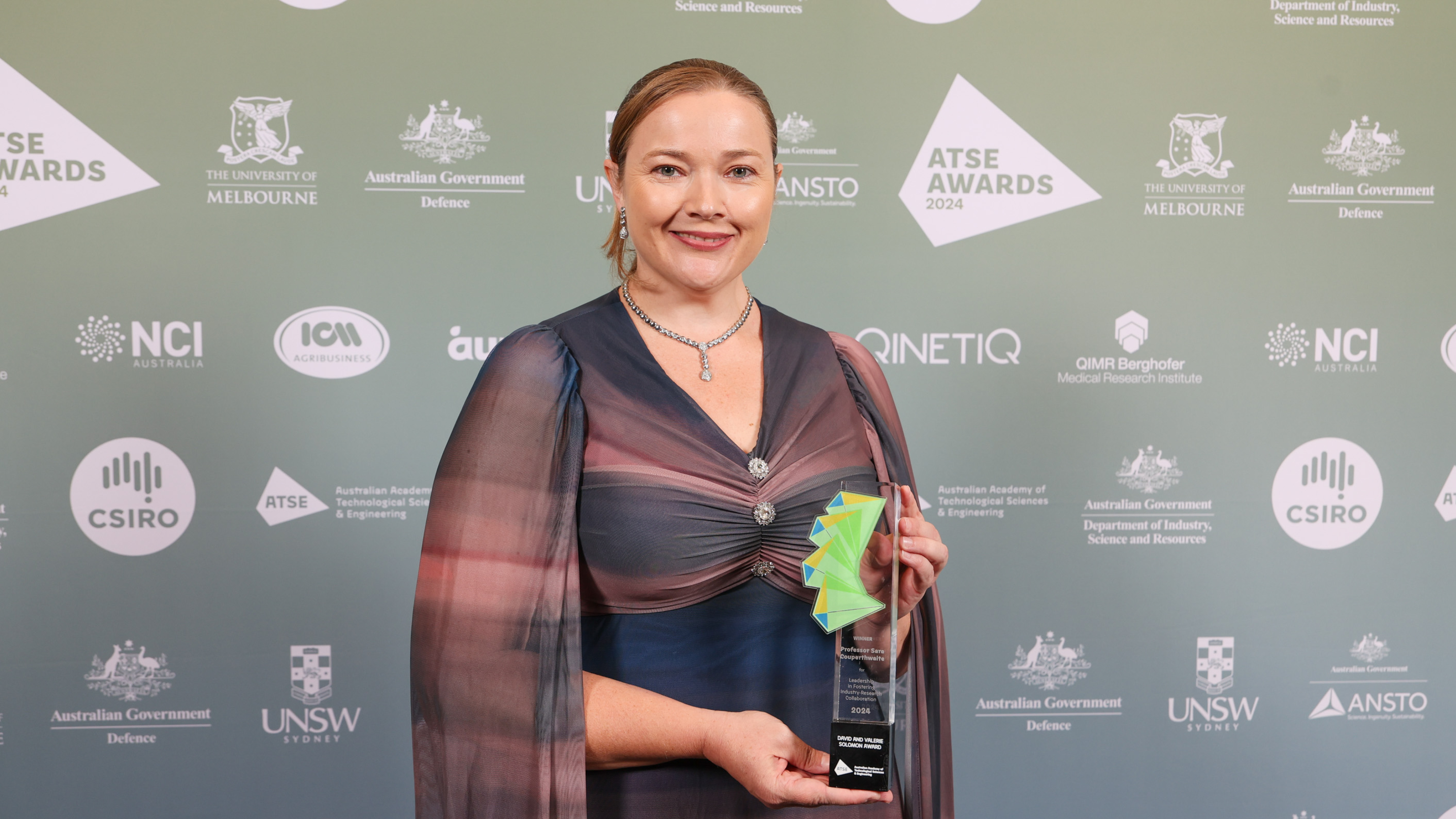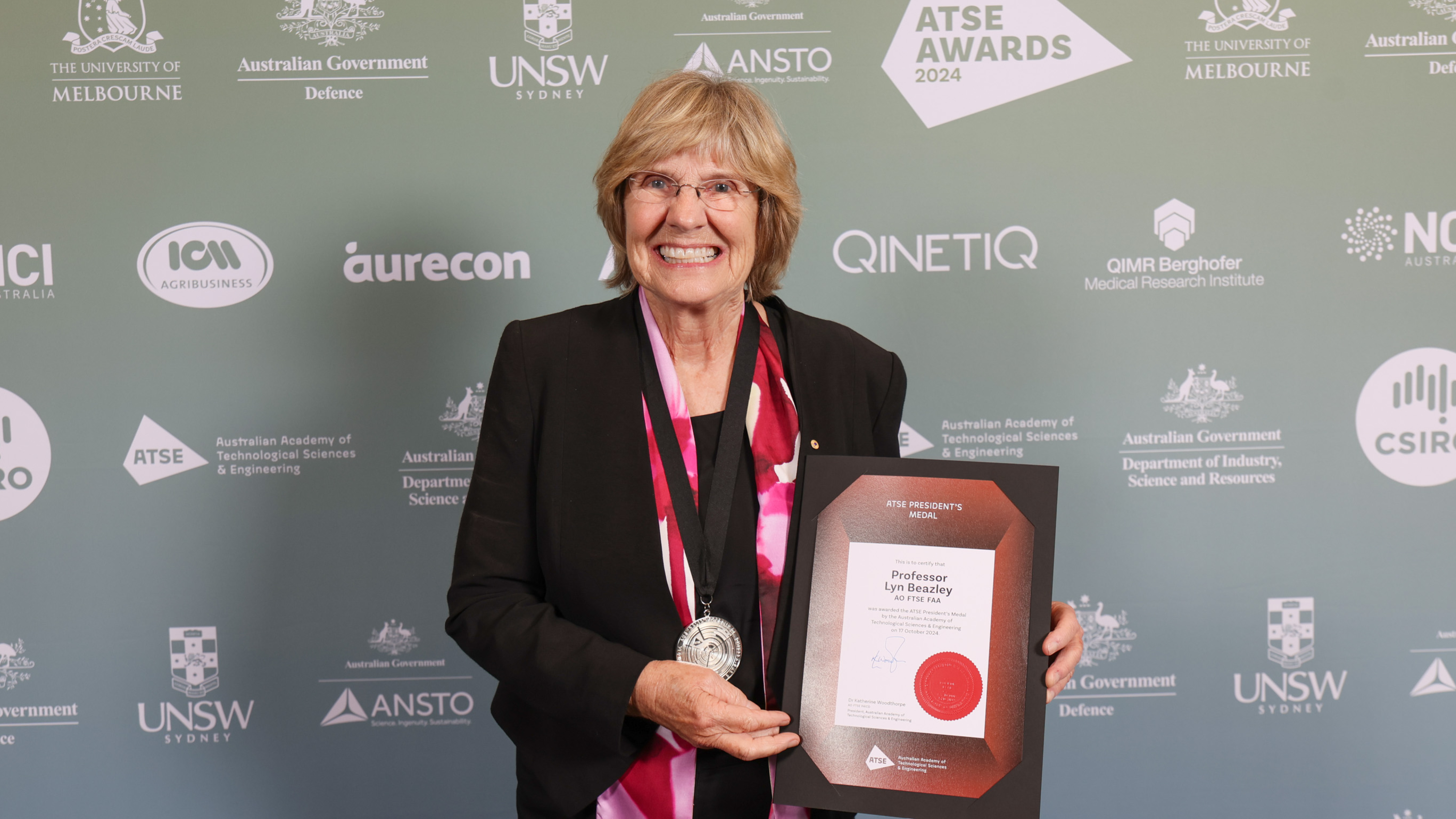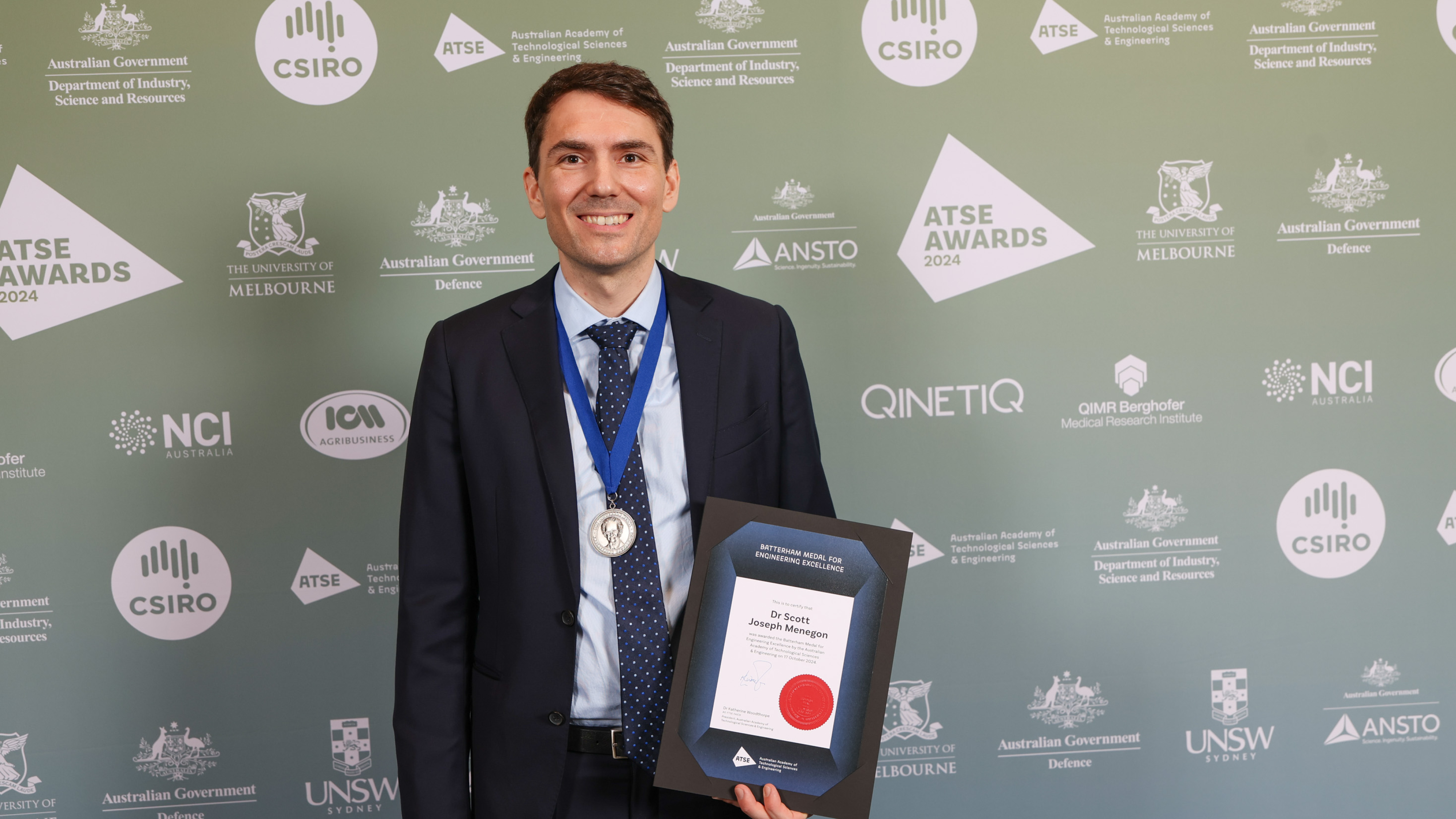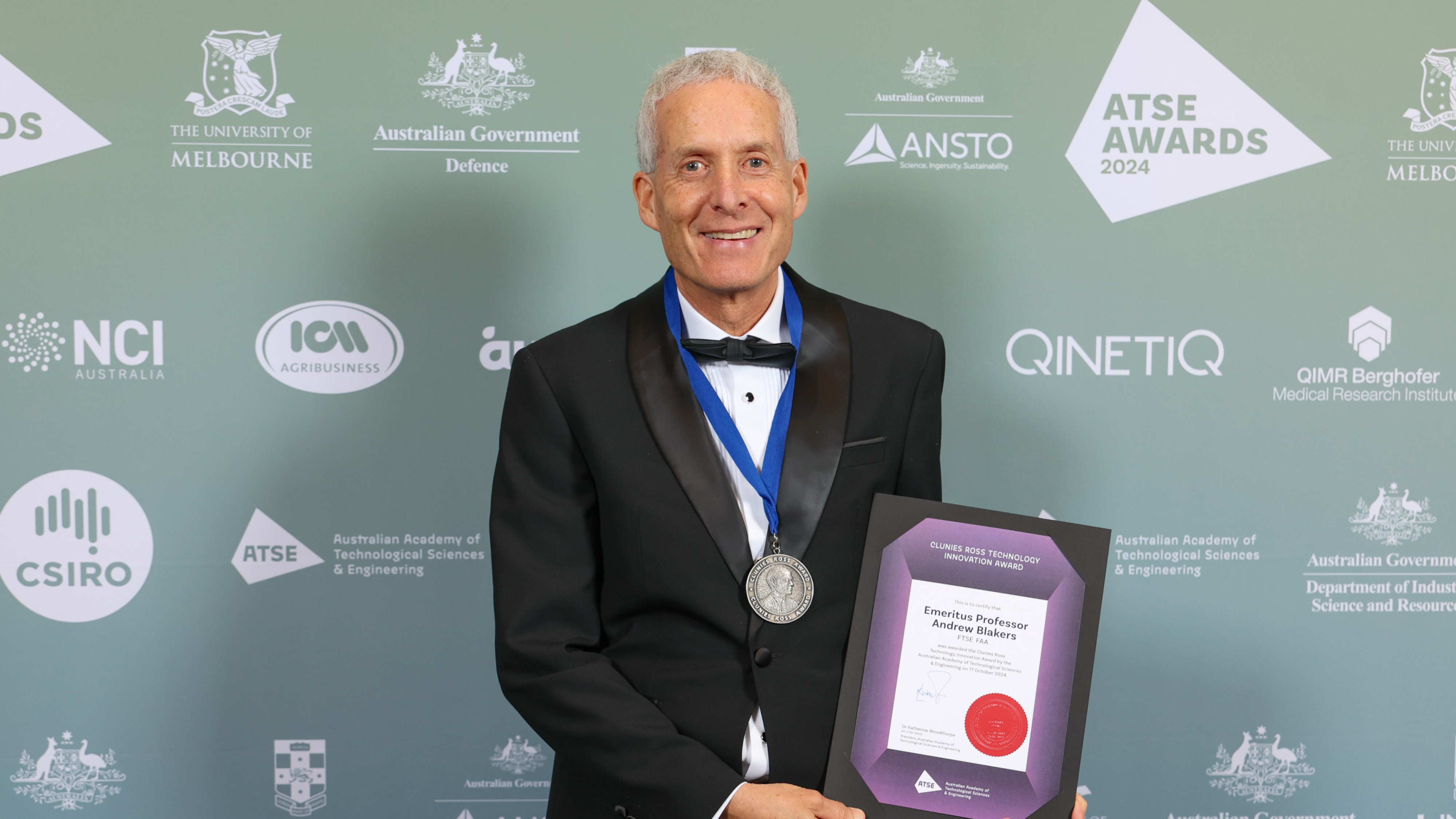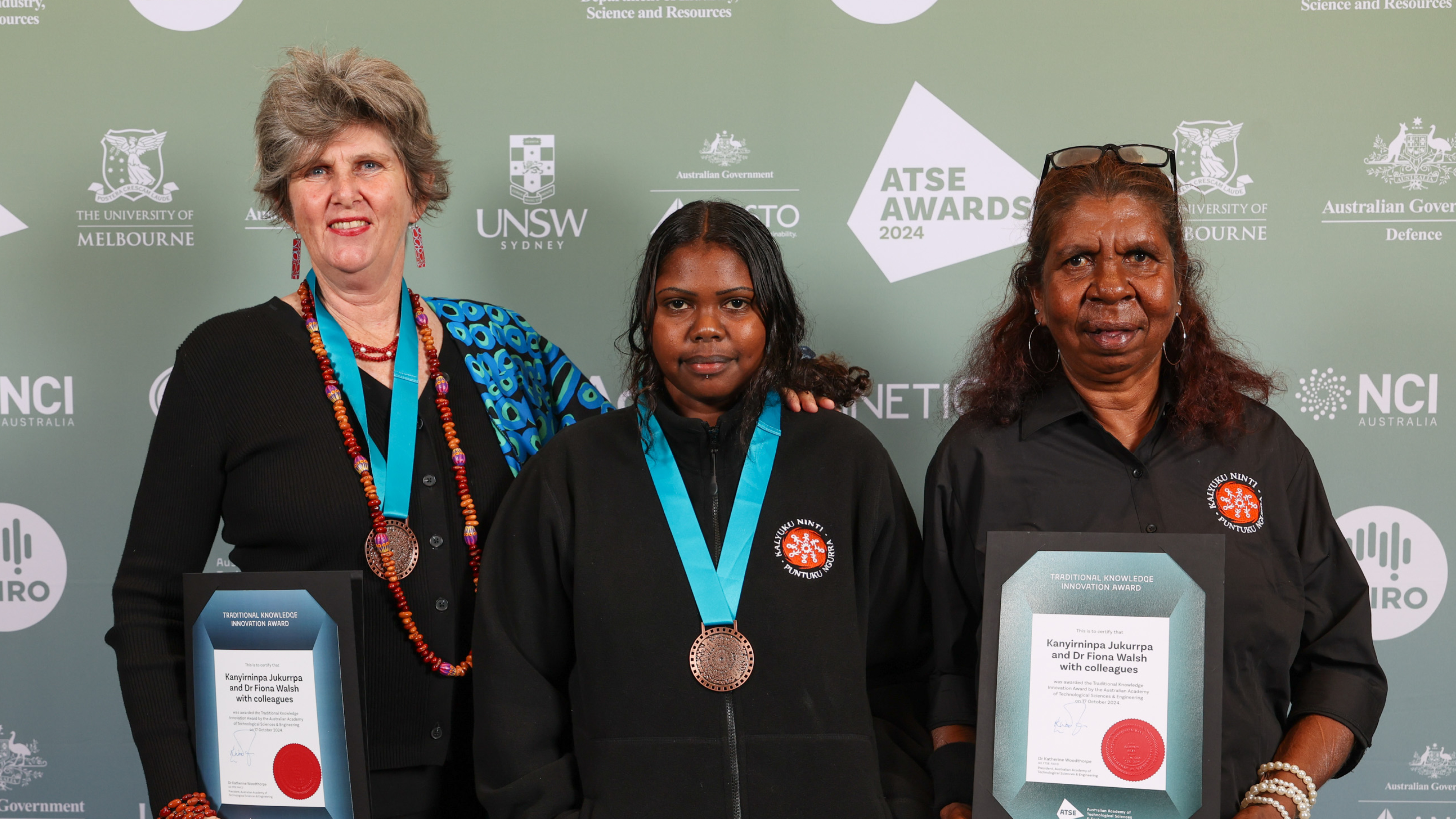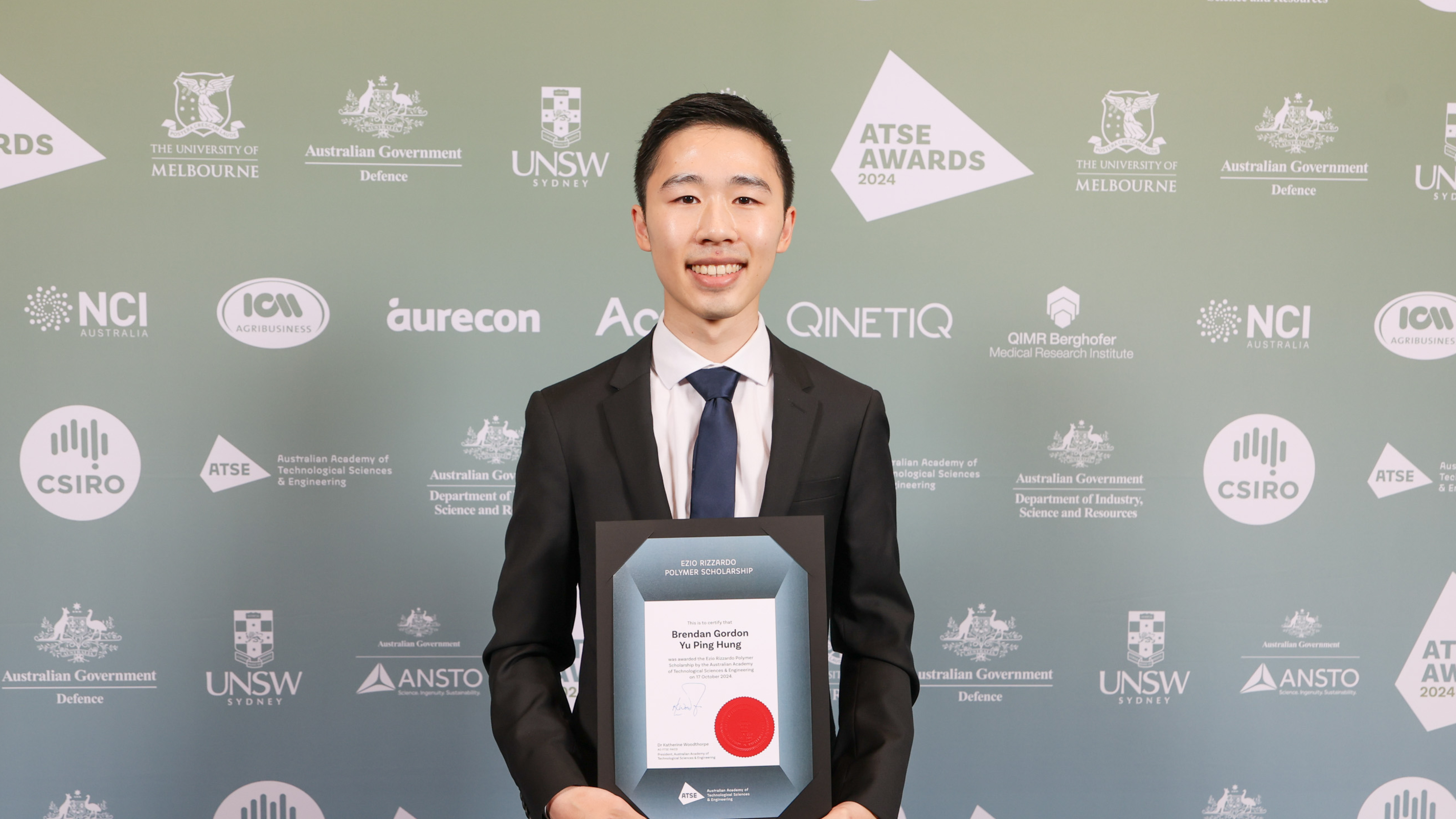Reconciliation Action Plan
ATSE’s vision for reconciliation is that all Australians recognise and value Aboriginal and Torres Strait Islander custodianship as one of the oldest knowledge systems on the planet. Through respectfully working with, listening and learning from current Traditional Knowledge holders and practitioners in science and engineering we will build a better nation and a healthier, more sustainable world.
The ATSE Traditional Knowledge Innovation Award is one award per year that acknowledges and recognises up to two teams or individuals respectfully, collaboratively and successfully applying Traditional Knowledge through modern innovation. The Award celebrates STEM research and development done by Aboriginal and Torres Strait Islander peoples or communities (either solo or in partnership), which incorporates or builds on Traditional Knowledge.
The ATSE Awards celebrate the outstanding achievement of Australians in technology, engineering and innovation. They are open now, and anybody is entitled to nominate a candidate.



